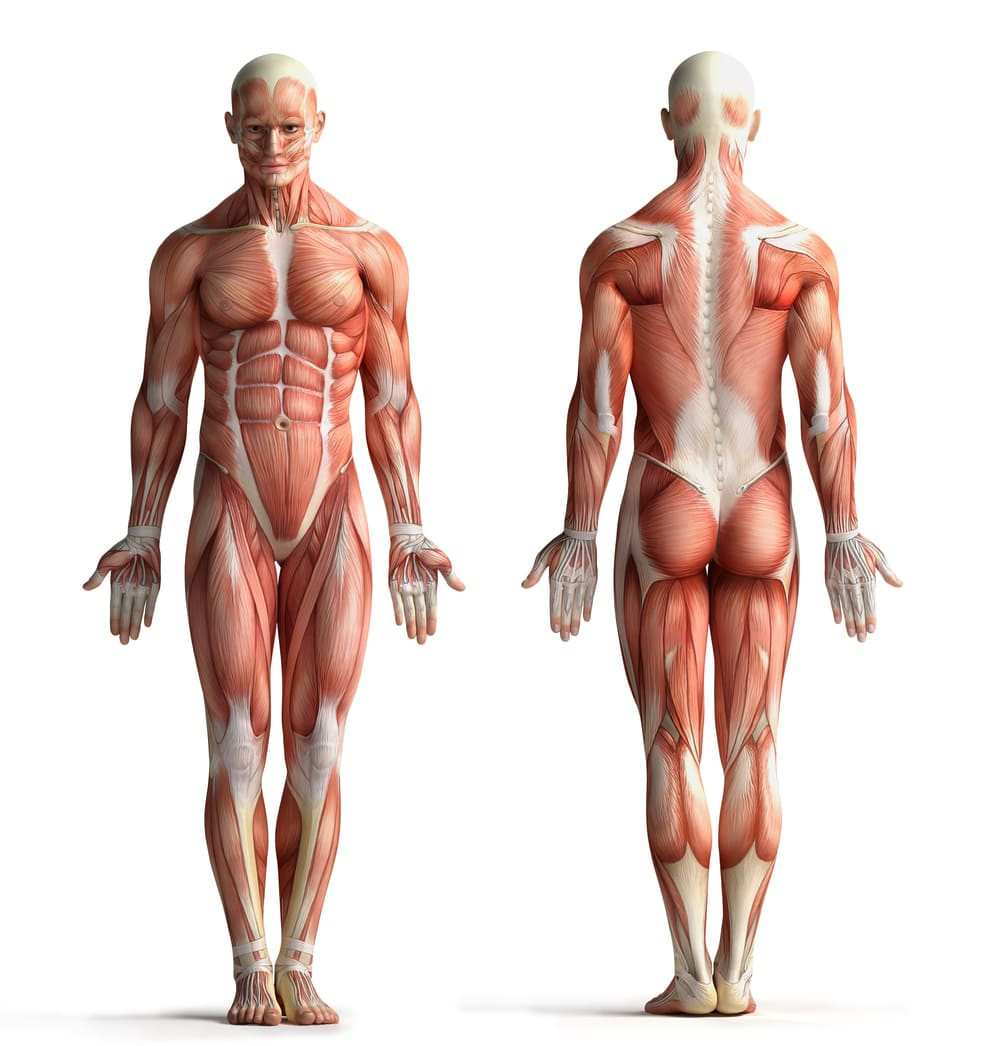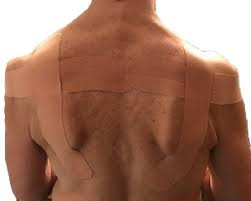Definisi
Pemeriksaaan kreatinin kinase atau creatine kinase (CK) merupakan pemeriksaan laboratorium klinis yang dilakukan untuk menilai kadar CK di dalam darah. CK merupakan suatu enzim (protein yang berperan dalam reaksi kimiawi tertentu) yang terutama banyak berada di dalam sel-sel jantung dan otot-otot tubuh. Otot-otot ini menempel pada tulang, dan membantu tulang untuk bekerja agar tubuh dapat bergerak. Otot jantung juga membantu sel jantung untuk memompakan darah ke dalam atau ke luar jantung.
Tidak hanya pada otot, CK juga ditemukan walaupun dalam jumlah yang sedikit pada sel otak. CK akan dilepaskan dan ditemukan di dalam darah apabila terdapat kerusakan pada sel-sel di jantung, otot tubuh, dan otak. CK memiliki tiga tipe berdasarkan keberadaannya, yaitu:
- CK-MM, umumnya ada di sel otot tubuh
- CK-MB, umumnya ada di sel jantung
- CK-BB, umumnya ada di sel otak
Jadi, pemeriksaan CK juga dikenal dengan pemeriksaan CK total yang meliputi semua tipe CK yang ada. Umumnya, jumlah CK sangat sedikit di dalam darah dan kebanyakan CK yang ditemukan di dalam darah tersebut berasal dari sel-sel otot tubuh yang mengalami kerusakan minimal selama aktivitas sehari-hari.
Pemeriksaan CK umumnya dikerjakan bersamaan dengan pemeriksaan lainnya seperti:
- Pemeriksaan panel jantung (misalnya CK-MB, troponin)
- Pemeriksaan panel elektrolit (misalnya pemeriksaan natrium, kalium, dan klorida darah)
- Panel fungsi ginjal (albumin dan kreatinin urin)
Indikasi
Pemeriksaan CK umumnya diajukan oleh dokter apabila Anda memiliki beberapa keluhan yang dicurigai mengarah ke kondisi kelainan atau kerusakan pada otot-otot tubuh, misalnya nyeri atau tegang otot, lumpuh otot, gangguan keseimbangan tubuh, rasa baal atau kesemutan. Selain itu, pemeriksaan CK dilakukan apabila dokter menduga terdapat penyakit otot seperti:
- Distrofi muskular, yaitu penyakit keturunan yang langka dengan gejala lumpuh hingga tidak berfungsinya otot dengan semestinya, biasanya terjadi pada laki-laki
- Rabdomiolisis, kondisi kerusakan otot yang cepat
Pemeriksaan CK juga dapat diminta apabila terdapat keluhan terkait dengan serangan jantung, misalnya nyeri dada yang menjalar seperti rasa tertimpa benda berat, meskipun terkadang dilakukan bersamaan dengan pemeriksaan troponin yang lebih spesifik untuk mendeteksi kerusakan pada sel jantung.
Selain kondisi-kondisi di atas, pemeriksaan ini biasanya dikerjakan untuk memantau perkembangan penyakit atau kerusakan pada sel-sel otot tubuh selama terapi obat.
Kontraindikasi
Tidak ada kontraindikasi atau kondisi yang membuat seseorang tidak bisa melakukan pemeriksaan ini.
Persiapan Sebelum Pemeriksaan
Tidak ada persiapan khusus sebelum melakukan pemeriksaan masa perdarahan. Pemeriksaan ini bisa dilakukan dalam keadaan tidak berpuasa. Meskipun demikian, Anda disarankan untuk melakukan konsultasi medis terlebih dahulu kepada dokter sebelum melakukan pemeriksaan masa perdarahan sebab ada beberapa kondisi atau penggunaan obat tertentu yang dapat menganggu hasil laboratorium sehingga tidak menggambarkan kondisi Anda yang sesungguhnya. Beberapa obat yang dapat meningkatkan nilai CK misalnya obat penurun kolesterol golongan statin yaitu simvastatin atau atorvastatin.
Prosedur Pemeriksaan
Pemeriksaan CK umumnya menggunakan sampel serum darah sebanyak 0,25 - 0,5 ml. Sampel serum darah ini diambil dari pembuluh darah vena dan akan dikumpulkan ke dalam tabung khusus. Petugas laboratorium akan memakai sarung tangan khusus dan APD (Alat Pelindung Diri) saat mengambil sampel pemeriksaan.
Sebelum mengambil darah, petugas akan memasang pita elastis dan membersihkan area penusukan jarum dengan kasa antiseptik. Biasanya petugas mengambil darah di area lipatan siku. Setelah darah diambil dan dimasukkan ke dalam tabung khusus, petugas akan melepas pita elastis yang terpasang, menekan dan membersihkan area penusukan dengan kasa antiseptik. Prosedur pemeriksaan ini hanya berlangsung selama beberapa menit saja. Sampel darah yang telah didapatkan akan diperiksakan menggunakan alat khusus di laboratorium, dan hasilnya bisa diketahui dalam beberapa jam kemudian.
Nilai Normal & Abnormal
Rentang nilai normal CK umumnya dibedakan berdasarkan jenis kelamin. Secara umum, berikut ini merupakan rentang nilai normal dan abnormal pada hasil pemeriksaan CK.
Laki-Laki
|
Nilai (U/L) |
Interpretasi |
|
24 - 195 |
Normal |
|
>195 |
Tinggi |
Perempuan (Usia > 3 Bulan)
|
Nilai (U/L) |
Interpretasi |
|
24 - 170 |
Normal |
|
>170 |
Tinggi |
Meskipun demikian, setiap laboratorium memiliki patokan rentang nilai yang sedikit berbeda antara satu laboratorium dengan laboratorium lainnya sesuai panduan yang dianut dan mesin yang digunakannya.
Hasil & Saran (Pemeriksaan Lanjutan)
Normal
Jika hasil pemeriksaan CK Anda menunjukkan nilai normal, kemungkinan besar Anda telah menjalankan pola hidup sehat dengan baik dan tidak ada kelainan yang berhubungan dengan kerusakan pada sel otot tubuh, sel jantung, atau sel otak apabila tidak ada gejala dan tanda klinis tertentu.
Anda disarankan untuk tetap mempertahankan pola hidup sehat Anda saat ini sehingga dapat mencegah beberapa penyakit yang ditandai oleh peningkatan kadar CK di dalam darah.
Tinggi
Jika hasil pemeriksaan CK Anda menunjukkan nilai tinggi, sebaiknya Anda berkonsultasi dengan dokter. Perlu diperhatikan juga bahwa beberapa obat seperti obat penurun kolesterol golongan statin, misalnya simvastatin atau atorvastatin yang dikonsumsi sebelum pemeriksaan CK dapat menyebabkan hasil CK menjadi tinggi sehingga harus dipastikan bahwa penyebab ini sudah disingkirkan sebelumnya. Selain itu, nilai CK dapat ditemukan dalam jumlah yang tinggi pada beberapa pasien dengan kondisi medis tertentu, misalnya pasien dengan penyakit serebrovaskular akut (seperti stroke), atau sedang menjalani tindakan pembedahan otak.
Selain itu, ada beberapa penyakit yang berhubungan dengan kerusakan atau peradangan (inflamasi) pada sel-sel jantung atau sel-sel otot tubuh yang dapat menunjukkan nilai CK yang tinggi. Contoh penyakit pada sel-sel otot tubuh di antaranya:
- Distrofi otot progresif (khususnya distrofi otot Duchene), terjadi kelemahan dan kehilangan massa otot yang berkelanjutan
- Miositis virus, kondisi peradangan otot karena infeksi virus
- Polimiositis, kondisi langka dimana terjadi kelemahan otot pada kedua sisi tubuh
- Cedera otot akibat luka atau kecelakaan
- Rabdomiolisis, terjadinya gangguan pada ginjal karena cedera otot baik yang terjadi secara langsung maupun tidak langsung
- Miopati endokrin yang berkaitan dengan hipotiroidisme
Meskipun demikian, beberapa kondisi yang menunjukkan nilai CK yang tinggi namun terjadi hanya sementara misalnya:
- Olahraga adu fisik
- Olahraga intensitas berat
- Pasca mendapatkan suntikan di otot
- Proses pembedahan
- Kejang
- Tersengat lebah
- Luka bakar
Selain itu ada beberapa obat juga yang dapat meningkatkan nilai CK dan terjadi selama konsumsi obat saja, misalnya obat penurun kadar kolesterol golongan statin, memiliki efek samping berupa kerusakan sel-sel otot tubuh sehingga CK dapat ditemukan dalam jumlah yang tinggi di dalam darah.
Walaupun nilai CK Anda menunjukkan nilai yang tinggi, Anda tidak disarankan untuk melakukan diagnosis medis sendiri sehingga perlu datang ke dokter untuk melakukan konsultasi dan pemeriksaan fisis apabila ada keluhan dan tanda tertentu.
Konsultasikan ke Dokter yang Tepat
Hasil pemeriksaan CK pada orang dewasa dapat dikonsultasikan dengan dokter umum, untuk selanjutnya dilakukan pemeriksaan lanjutan ataupun memulai terapi untuk diagnosis yang sesuai. Anda juga dapat berkonsultasi dengan dokter penyakit dalam atau konsultan rheumatologi untuk berdiskusi mengenai masalah CK Anda lebih jauh. Pada pasien anak, hasil pemeriksaan selain normal harus dikonsultasikan dengan dokter spesialis anak.
Mau tahu informasi seputar hasil pemeriksaan laboratorium, radiologi, dan lainnya? Cek di sini, ya!
- dr Hanifa Rahma
Medscape. (2019). Creatine kinase. Retrieved 26 April 2022, from https://emedicine.medscape.com/article/2074023-overview
Mayo Clinic Labs. (2022). Creatine kinase, serum. Retrieved 26 April 2022, from https://www.mayocliniclabs.com/test-catalog/overview/8336#Specimen
Clevaland Clinic. (2022). Creatine kinase (CK). Retrieved 26 April 2022, from https://my.clevelandclinic.org/health/diagnostics/22692-creatine-kinase-ck
Medline Plus. (2020). Creatine kinase. Retrieved 26 April 2022, from https://medlineplus.gov/lab-tests/creatine-kinase/
Tai, H., et al. (2017). Correlation of Creatine Kinase Levels with Clinical Features and Survival in Amyotrophic Lateral Sclerosis. Retrieved 27 April 2022, from https://www.frontiersin.org/articles/10.3389/fneur.2017.00322/full












